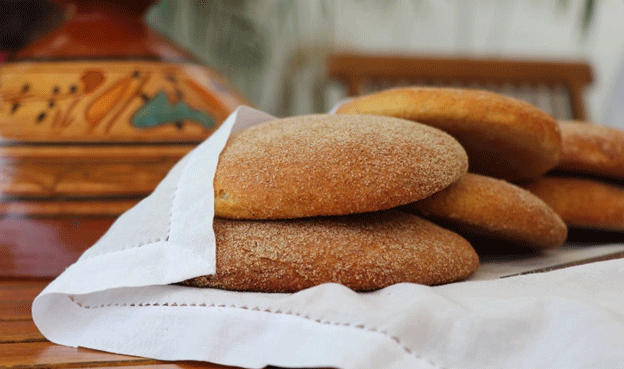In a notable shift in international grain trade, Morocco has resumed importing soft wheat from Russia, a move that had been paused for two years due to the conflict in Ukraine. This resumption highlights the changing dynamics in the global wheat market, driven by fluctuating prices and varying local production levels.
Resumption of Russian Wheat Imports
Morocco’s decision to reengage with Russian wheat suppliers marks a significant change in its grain procurement strategy. Prior to the disruption caused by the Ukraine conflict, Russian wheat constituted a substantial portion of Morocco’s imports, ranging between 25% and 30% of total wheat purchases. According to Moulay Abdelkader Alaoui, president of the Moroccan Millers’ Association, Morocco is also sourcing wheat from France, Romania, Poland, Germany, Bulgaria, and Turkey.
Between June and August 2024, Moroccan imports of Russian wheat totaled approximately 350,000 tons. In comparison, imports from France, Morocco’s largest wheat supplier, reached 480,000 tons. This shift reflects a broader trend of realigning trade relationships in response to changing market conditions.
Market Dynamics and Price Trends
The global wheat market has experienced notable changes recently. The resumption of imports from Russia coincides with a significant drop in wheat prices on the international market, which have fallen to $28 per quintal. This decline contrasts sharply with prices of $50 per quintal recorded two years ago, following the onset of the Russo-Ukrainian conflict. The current price levels are influenced by various factors, including reduced harvests in key producing regions and shifts in global supply chains.
Impact on Moroccan Wheat Imports
In the first seven months of 2024, Morocco’s total wheat imports exceeded 3.95 million tons, amounting to approximately $1.11 billion. This represents a decrease of about 440,000 tons compared to the same period in 2023, reflecting a broader trend of reduced wheat import volumes. The decline in local harvests and the fluctuating global prices have significantly influenced these figures.
Morocco’s renewed engagement with Russian wheat suppliers amid a backdrop of declining global prices and reduced local harvests illustrates the complex nature of international grain markets. This strategic shift not only affects Morocco’s grain procurement but also highlights the broader adjustments taking place in global agricultural trade.
As the market continues to evolve, stakeholders should remain attentive to these changes and their implications for future procurement strategies and pricing.
Error




